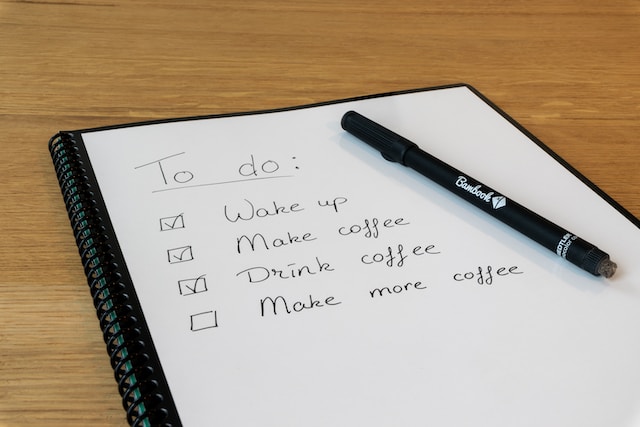
| 双语新闻 Bilingual News | 双语对照阅读 分级系列阅读 智能辅助阅读 在线英语学习 |

| 双语新闻 Bilingual News | 双语对照阅读 分级系列阅读 智能辅助阅读 在线英语学习 |
| [英文] [中文] [双语对照] [双语交替] [] |

| The number of days it takes to form a new habit depends on the habit, on you, and on what strategies you’re using to build and maintain that habit. Scientific estimates have ranged from 21 days to eight months or more. Let’s look at why that range is so big, and what you can do to build habits faster. |
| A popular answer is 21 days — a figure that can be traced back to Dr. Maxwell Maltz, a cosmetic surgeon and author of "Psycho-Cybernetics". In his book Maltz reported that his patients needed a minimum of 21 days to change the mental image of how they looked. |
| Since then, many people have applied the "21-day" time frame to all habits. However, not all behaviors are the same and some may need more than three weeks to become automatic. |
| "It is easy to see why this figure appeals," Mark Vahrmeyer, a psychotherapist and founder of Brighton & Hove Psychotherapy in England, told Live Science. "It is both concrete and makes building a new habit seem very achievable. The truth, however, is that it's more complex and on average it takes far longer. |
| Dr Maurice Duffy, a mindset coach and visiting professor of innovation and entrepreneurship at the University of Sunderland, England, told Live Science that habits play a central role in determining our actions. |
| "Habits are the small decisions you make and the actions you perform every day," he said. "Your life today is essentially the sum of these habits." |
| Repetition is critical to habit formation. "Habits are formed through a process known as habituation," Alyssa Roberts, an eating disorder researcher at the University of Minnesota, told Live Science. "Habituation occurs when a behavior is repeated enough times, and the brain adapts to the routine by making the response automatic." |
 |
| The "habit loop" concept, popularized by journalist Charles Duhigg in his book "The Power of Habit", is often used to explain the science of habit formation. According to the theory, there are three stages to automating your behavior: cue (or trigger), routine (or behavior) and reward. |
| For example, a stressful situation (a cue) may lead some people to respond with overeating (the routine), which is an activity that can temporarily bring some comfort (the reward). When a behavior becomes sufficiently repetitive, the brain starts viewing the cue as an opportunity for the reward. The trigger will prompt you to perform the same action to seek pleasure. |
| How long it takes to establish a habit may depend on what the cue and the intended routine is. According to a 2009 study published in the European Journal of Social Psychology, habit formation may take anywhere between 18 and 254 days. The average amount of time needed for a behavior to become automatic is 66 days, the researchers found. The researchers noted that different actions required a different level of effort too. For example, those who had been asked to develop a habit of drinking a glass of water at breakfast tended to be more successful than participants who were instructed to do 50 sit-ups each day. |
 |
| A 2016 review, published in the journal Health Psychology, suggested that self-efficacy could also be key to developing and maintaining habits. Self-efficacy is a belief in your ability to complete a task or achieve a goal. Put simply, a person who is convinced they cannot maintain new behaviors will be less likely to keep their habit. Higher self-efficacy has been linked to improved outcomes in many different health interventions, according to a 2016 review in the journal Health Education & Behavior. Participants who exhibited this trait tended to be more successful at giving up smoking, losing weight, reducing alcohol consumption and increasing physical activity. |
| Vahrmeyer noted that the way a person makes a goal more attractive can also be important. |
| "If the process of building your habit involves nothing but self-sacrifice with no reward, you are unlikely to stick to your goals," Vahrmeyer said. |
| He advised making the process as easy as possible. For example, if the goal is to go to the gym three times per week, a person should pick a gym with a convenient location. |
OK阅读网 版权所有(C)2017 | 联系我们